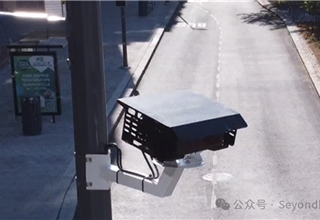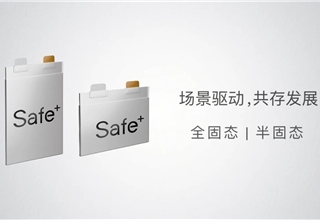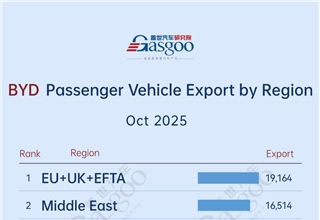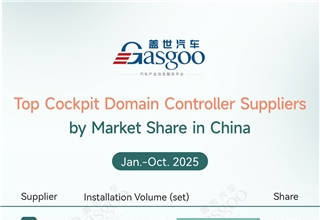In 1991 auto colossi Ford and Volkswagen agreed to join forces to enter the Multi Purpose Vehicle (MPV, or "minivan" to North Americans) segment of the European market. Ford's job was to build the plant and VW's to design the product. Things didn't quite work out as hoped. When the look-alike VW Sharan and the Ford Galaxy launched in 1995, they were dogged with quality problems so pervasive that VW bought Ford out in 1999 and took over the factory. Since then, VW has re-made AutoEuropa in its own image and is now turning out a re-designed product that its executive director, Gerd Heuss calls "the Mercedes of the MPV segment."
Says Heuss of the incremental approach followed to achieve high quality production: "Our method is not to pursue a 20-year vision, but to implement a lot of small, intelligent steps that have immediate results." Since he and his team took over in January 2000, lineside inventory - previously as large as three days worth of parts-has been dramatically reduced, and just-in-time deliveries have become the order of the day. "This means that everyone has to be nervous all the time, not just once every three days," he quips. Not a man to mince words, he likens his first view of the final assembly line under Ford's management to a "chicken farm," but a walk through the same area today reveals a clean, open and well-organized operation.
In fact, if one thing stands out more than any other about AutoEuropa, it is how clean the whole plant is. Clever, low-cost measures are implemented throughout the plant to keep things spic-and-span while reducing cleaning time. For example, thin metal sheets are fitted on the underside of the open metal stairs that dot the plant floor. Instead of dirt dropping from the bottom of work boots to the floor below, it now slides down the sheet to a tray at the bottom where it can be quickly removed and dumped. Similarly, all of the walls in the plant are slightly curved at the bottom so that dirt will not collect in cracks but slide away from the wall where it can be more easily swept away. And steep peaks of sheet steel fashioned from stamping offal are used to cover the narrow spaces between support pillars to keep workers from using them as trashcans.
Since AutoEuropa is the only plant that produces the unique MPV platform, it has an on-site staff of 80 product engineers and is able to maintain greater autonomy from Wolfsburg than many other VW plants. It also has its own extensive tool shop where it makes all of the major panel dies for the stamping department. Taken together, these unique capabilities translate into faster design change response. Boasts tool shop manager Mario Rodrigues, "We can introduce an engineering change within one week." A recent concrete example: the introduction of curtain airbags on the Sharan required a die modification that the design staff and tool shop were able to implement in four days. "Any other facility would have taken longer than that just to move the 40-ton dies from the plant to the off-site tool shop," he says.









